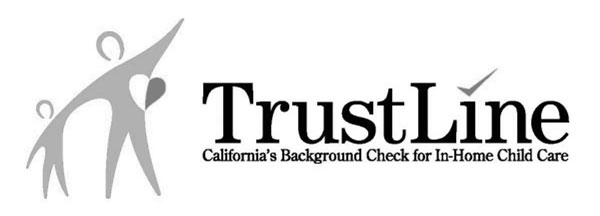Finding a nanny that you love and appreciate is a real gift. No matter how dedicated she is to your family and your children, there may be a time that she starts feeling a little burnt out on the job. Caring for other people’s children day in and day out can be tough and just like any job, the demands can start to weigh on her. You can help keep your nanny from burning out by recognizing the signs and stepping in to help keep her happy.
Warning signs of nanny burnout:
#1: Changes in behavior.
Is your nanny visibly irritable? Maybe her patience seems to be wearing thinner by the day or she is appearing distracted or less interested in the kid. If you see these types of behavioral changes, it’s important to address them right away.
#2: Chronic fatigue.
Kids have a lot of energy so it’s normal to feel a bit worn out at the end of a day working with them. However, if your nanny is showing signs of fatigue on a regular basis, especially when it comes to her level of energy interacting with the kids, take note. If she used to be up for playing with them at the park or running them to their various activities, but she is expressing that she is too tired to do that, make sure you discuss that with her.
#3: Kids are expressing unhappiness.
If your kids are starting to express regularly that they are unhappy with being around your nanny, this could be a sign that they are not getting the attention or care that they need. Pay close attention to how your kids express their feelings toward your nanny, as this is very telling.
#4: She starts becoming unreliable.
Has your nanny been calling in sick or showing up late more often than usual? It’s possible that she’s feeling weary and needs some time to herself.
Tips on avoiding nanny burnout:
To prevent nanny burnout, the key is to always to keep the lines of communication open. Going the extra mile to ensure that she feels heard and appreciated is very important. Check in in with her regularly, sit down for regular meetings, and make sure you adjust tasks or duties when necessary. In addition, be sure to set boundaries and stick to them. If your nanny feels like she is taken advantage of, she could start to resent you and the family, which is never a good thing to develop in a working relationship. Last of all, reward her often. A simple handwritten thank you note can go a long way, or you can go a step further and give her regular bonuses or an unexpected day off occasionally.
Your nanny is an important part of your family and treating her as such is key to creating a strong, long-lasting working relationship for many years!







